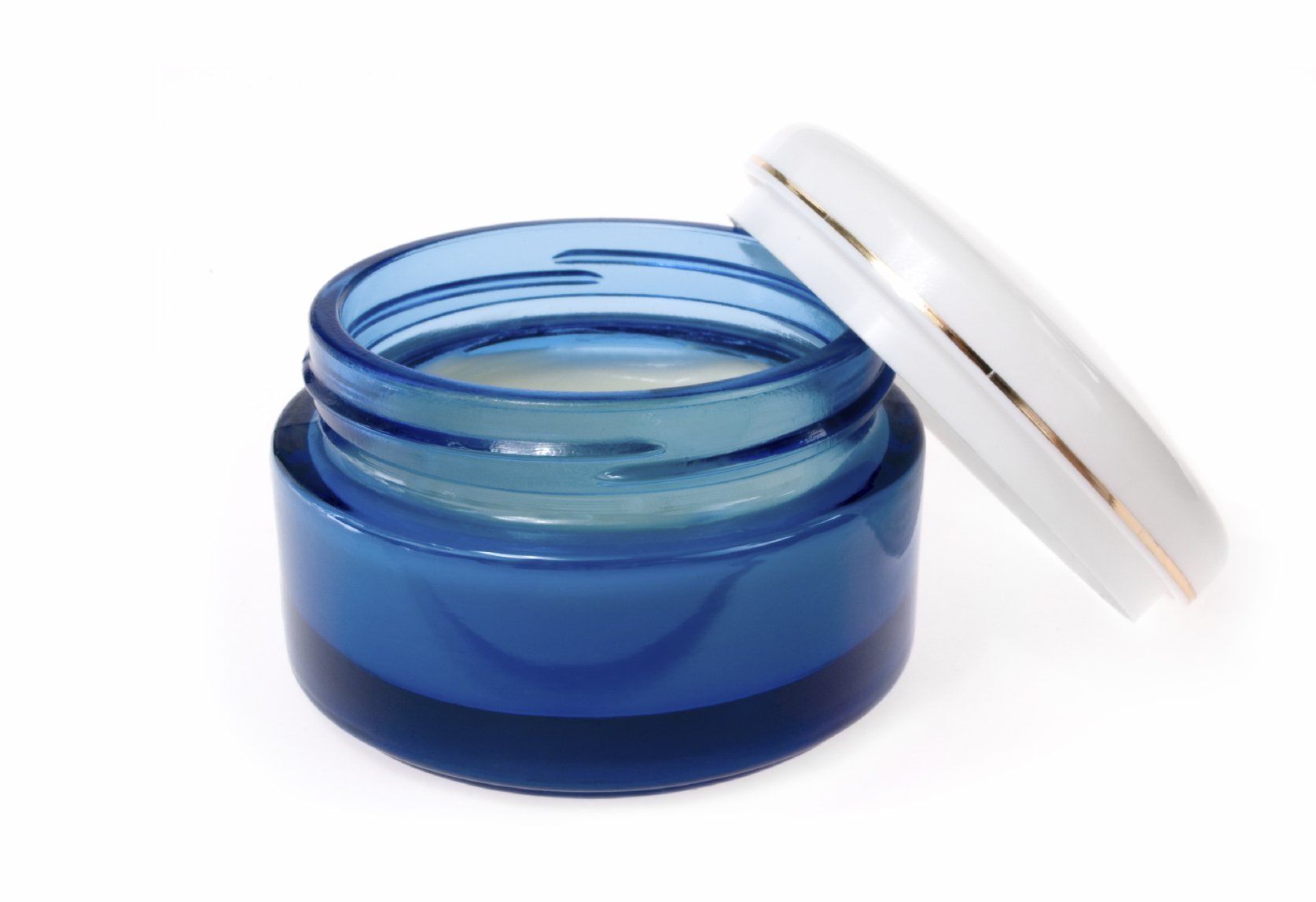Chemical vs. Physical Sunscreen: Which Should You Choose and Why You Need Sunscreen Every Day
SPF daily use is vital

In this edition of our skincare series, we look at why wearing sunscreen daily is an absolute must - and just as important as brushing our teeth every day.
When it comes to skincare, one of the simplest yet most effective habits you can adopt is wearing sunscreen daily. Sunscreen acts as a protective barrier between your skin and the harmful effects of ultraviolet (UV) rays, reducing the risk of skin cancer, premature aging, and other sun-related skin damage. But with so many options available, you might wonder which type of sunscreen is best for you. There are two main types of sunscreen—chemical and physical—offer distinct advantages. Understanding how they work can help you choose the right one for your skin and lifestyle.
The Importance of Daily Sunscreen Use
Before diving into the differences between chemical and physical sunscreen, let's address why wearing sunscreen every day is essential.
1. Preventing Skin Cancer
Skin cancer is the most common form of cancer and also one of the most prevntable. Both UVA and UVB rays contribute to skin cancer risk. Wearing sunscreen helps protect against both types of UV rays, reducing your risk of developing basal cell carcinoma, squamous cell carcinoma, and melanoma.
2. Slowing Down Premature Aging
Exposure to UV radiation accelerates skin aging by breaking down collagen and elastin, the proteins that keep skin firm and youthful. Over time, this leads to wrinkles, fine lines, and sagging skin. Daily sunscreen use helps maintain your skin's natural elasticity and smoothness.
3. Reducing Hyperpigmentation
Sun exposure can trigger an overproduction of melanin, leading to dark spots and uneven skin tone. If you suffer from hyperpigmentation, wearing sunscreen daily is a key step in preventing it from worsening.
4. Sun Damage Can Happen Anytime
You might think sunscreen is only necessary on sunny days or during outdoor activities, but UV rays can penetrate clouds and even glass. Whether you're indoors near a window or running errands, you’re exposed to UV radiation, making daily sunscreen a non-negotiable for long-term skin health.
Chemical vs. Physical Sunscreen: What’s the Difference?
Now that we’ve established why you should wear sunscreen daily, let’s explore the differences between chemical and physical sunscreens, so you can choose the one that best suits your skin type and preferences.
Chemical Sunscreen
Chemical sunscreens work by absorbing UV radiation and converting it into heat, which is then released from the skin. These sunscreens contain active ingredients such as oxybenzone, avobenzone, octinoxate, and octocrylene.
- Benefits:
- Often thinner and easier to rub into the skin, making them more comfortable for daily wear.
- Doesn’t leave a white cast, which is especially beneficial for people with medium to dark skin tones.
- Great for those who wear makeup, as it layers smoothly without clumping.
- Challenges:
- Some ingredients (like oxybenzone) can cause skin irritation, especially for people with sensitive skin.
- Chemical sunscreens need about 20 minutes to absorb into the skin, so they require application before sun exposure.
- May cause stinging, especially around the eyes.
- Recent studies have raised concerns about certain chemical ingredients and their potential environmental impacts, particularly in coral reef ecosystems.
Physical Sunscreen
Also known as mineral sunscreen, physical sunscreen works by sitting on top of the skin and reflecting UV rays away from it. The active ingredients in physical sunscreen are typically zinc oxide and titanium dioxide.
- Benefits:
- Offers broad-spectrum protection immediately upon application.
- Less likely to irritate sensitive skin or cause allergic reactions.
- Considered environmentally friendly and safe for coral reefs.
- Gentle enough for use on babies and those with eczema or rosacea.
- Challenges:
- Can leave a white or chalky residue, especially on darker skin tones.
- Often thicker in texture, making it harder to blend into the skin.
- May feel heavier or greasy compared to chemical sunscreens.
Which Sunscreen Is Right for You?
When choosing between chemical and physical sunscreen, consider your skin type, lifestyle, and personal preferences.
- Sensitive or Acne-Prone Skin: If you have sensitive skin, rosacea, or conditions like eczema, physical sunscreens are generally better because they are less likely to cause irritation. Zinc oxide is also non-comedogenic, making it ideal for acne-prone skin.
- Makeup Wearers: If you wear makeup, you may prefer a chemical sunscreen due to its lightweight formula and ease of layering. Chemical sunscreens tend to blend more seamlessly under makeup without leaving a white cast.
- Outdoor Enthusiasts: Physical sunscreens work immediately and offer long-lasting protection, making them ideal for outdoor activities. If you’re going hiking, to the beach, or engaging in sports, physical sunscreen is a reliable choice.
- Environmental Concerns: For those conscious about the impact of their skincare on the environment, physical sunscreens (particularly reef-safe formulations) are the more eco-friendly option.
Your Skin’s Best Defence
Whether you opt for a chemical or physical sunscreen, the most important takeaway is that you need to wear sunscreen every day. It’s your skin’s first line of defense against sun damage, preventing skin cancer, premature aging, and hyperpigmentation. By incorporating sunscreen into your daily routine and finding a product that works for your skin type and lifestyle, you’re investing in the long-term health and appearance of your skin.
Protect your skin today so that it stays radiant and healthy for years to come.
Get in touch for a skin consultation, to discover which sunscreen is best for you.














